Hillary Clinton just won't go away. I am not really astounded that she would risk the very end she claims so badly to want (a Democratic victory in November) just to realize a very personal and increasingly selfish dream.

"I yam what I yam." said Popeye.
A few days ago I read an article in the NYTimes that revealed another memoir writer as a fraud. "In 'Love and Consequences,' a critically acclaimed memoir published last week, Margaret B. Jones wrote about her life as a half-white, half-Native American girl growing up in South-Central Los Angeles as a foster child among gang-bangers, running drugs for the Bloods. The problem is that none of it is true." It turns out that Margaret B. Jones (real name Margaret Seltzer) is not half Native, did not grow up on the mean streets of South-Central Los Angeles and was not a foster child raised by an African American woman known as "Big Mom." Rather Margaret was a white girl who grew up privileged in Sherman Oaks, California, reared by her biological family and attended a private Episcopal Day School from which she graduated in the early 1990s.
Ms. Seltzer it turns out follows in a long line of other infamous writers who decided that faux truth would sell better than real fiction and penned memoirs that were more imaginary than factual. Among the most well-known are James Frey author of "A Million Little Pieces" who was publicly humiliated on Oprah's show, less well-known, but more egregious is the author Nasdijj, who fabricated out of whole cloth a miserable, abusive boyhood in migrant farm camps. Nasdijj (later revealed to be a white man named Timothy Patrick Barrus) portrayed himself as a half-Navajo who went on to adopt a son who suffered from Fetal Alcohol Syndrome, in a subsequent memoir Mr. Barrus told how he adopted a boy with AIDS, how he and his adopted son lived on the edge, and how he tried to keep his son from experiencing pain by injecting him with heroin. It was all lies, complete and utter falsehoods, stories that may have sold as passable fiction had the authors had any ethics or honesty, but instead were passed off as life stories, real experiences, which no doubt loaned them some compelling credibility and increased their audiences.
As any publisher knows, a real-life gruesome tale beats a fictitious tale of life's travails any day of the week. We like stories about underdogs who have overcome great odds, stories of those who have been dealt a lousy hand, but played it well, and done right not just by their own measure, but who have helped others, if only by example. That is perhaps why these writers get published, but also why they are ultimately exposed as the frauds they are. Their stories are too rich in detail, too gruesome, too difficult to believe that anyone could have survived such horrors and lived to tell about it.
What these fraudulent writers do is marginalize and make suspect every story that is true, every word that is penned by a true survivor. They mock lives that are lived in spite of incredible odds against them, and they make us question every claim made in every memoir that we read.

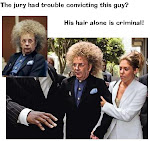
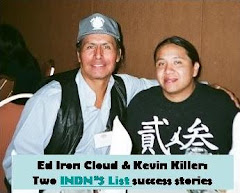





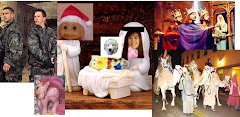
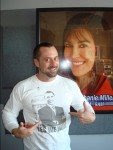
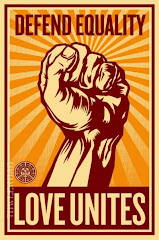
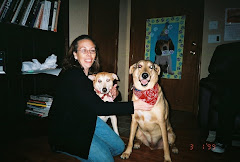
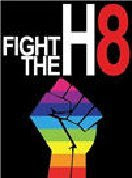
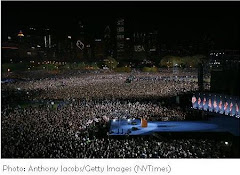
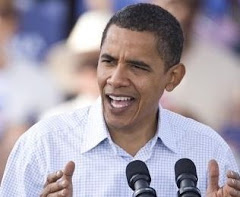


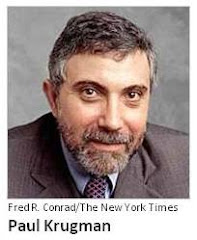





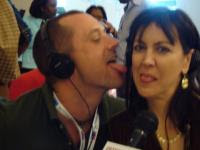

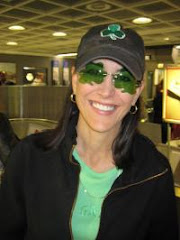
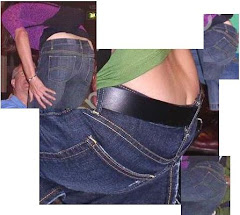




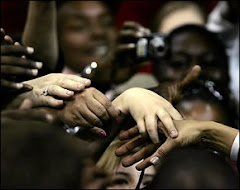
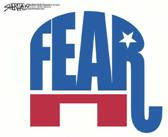






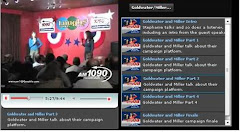




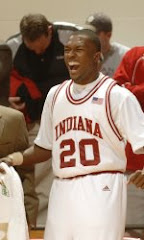



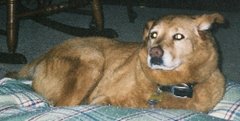






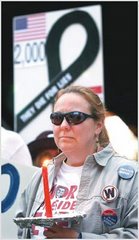
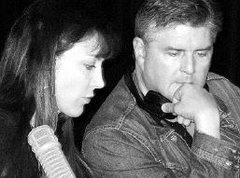


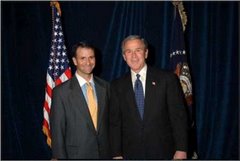




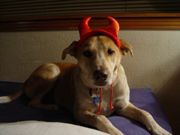
1 comment:
Somebody has been busy today! Welcome back...
Post a Comment